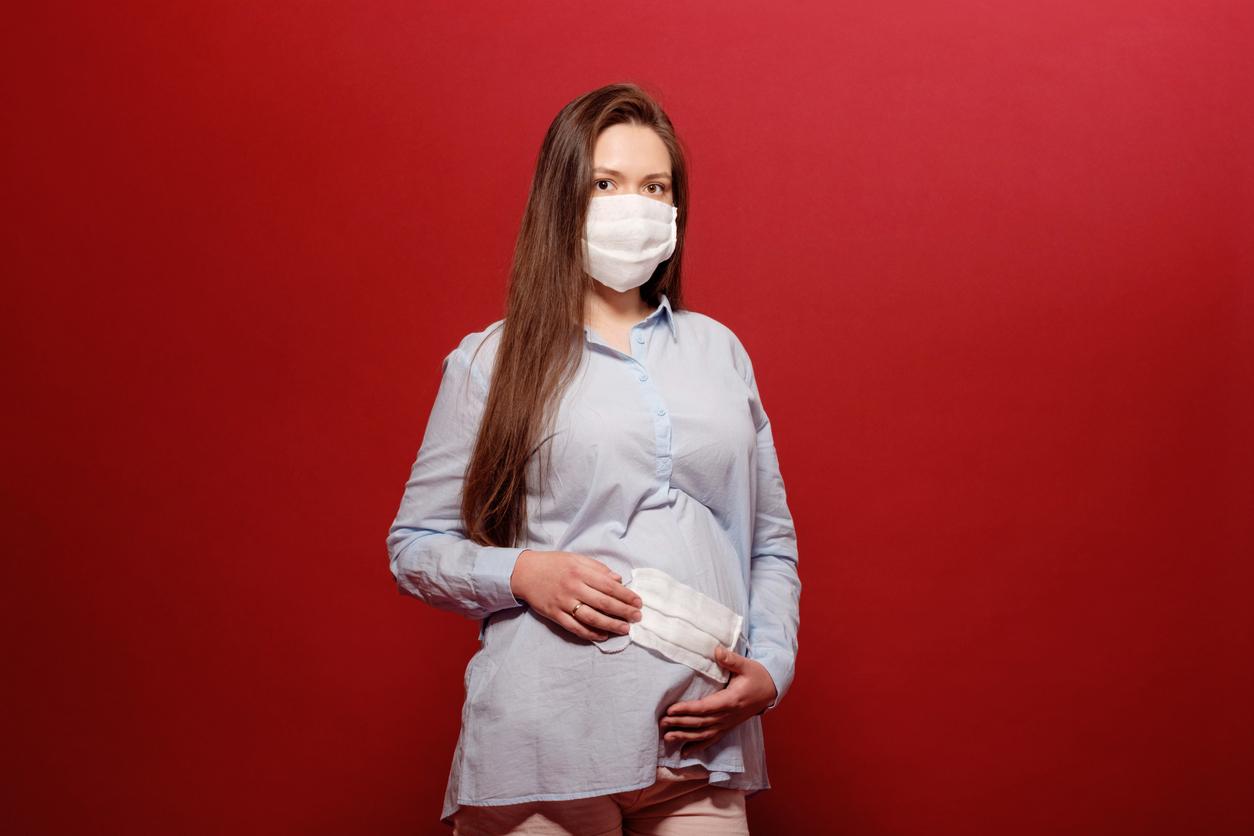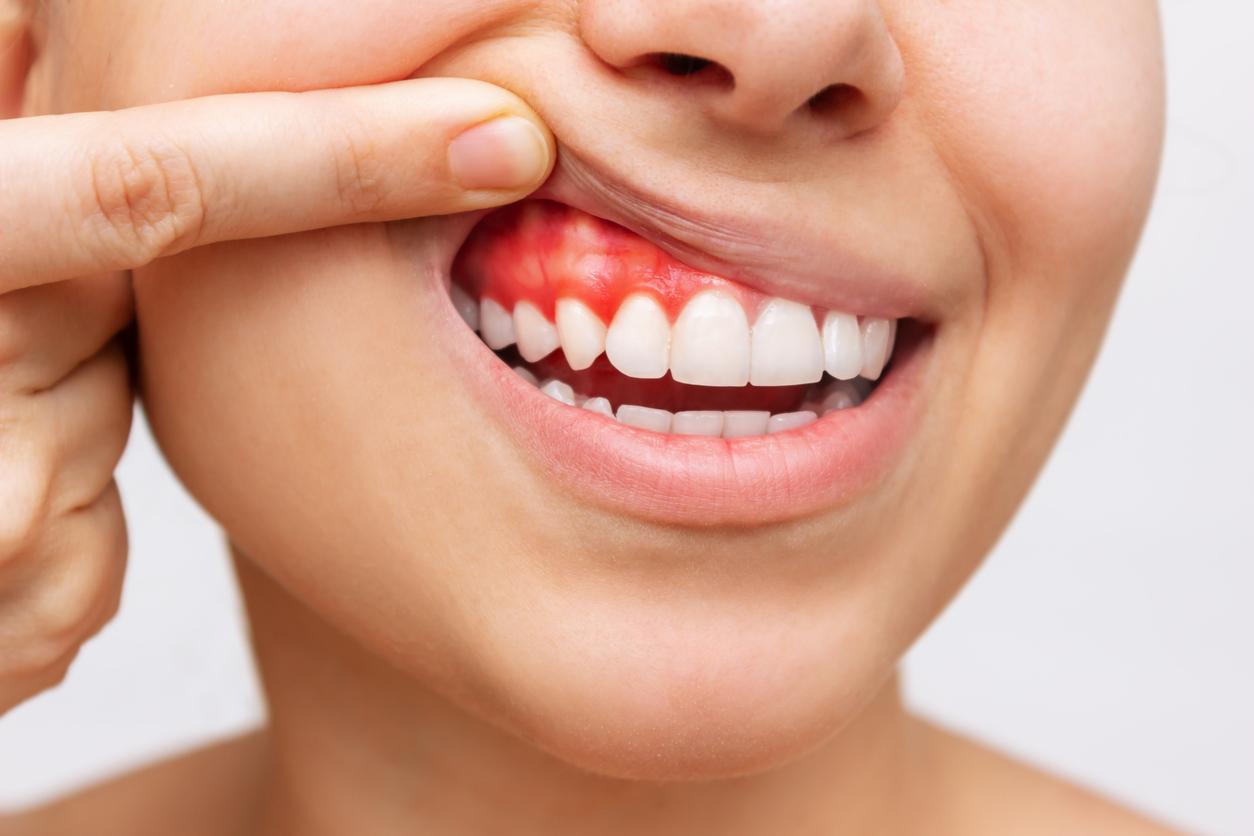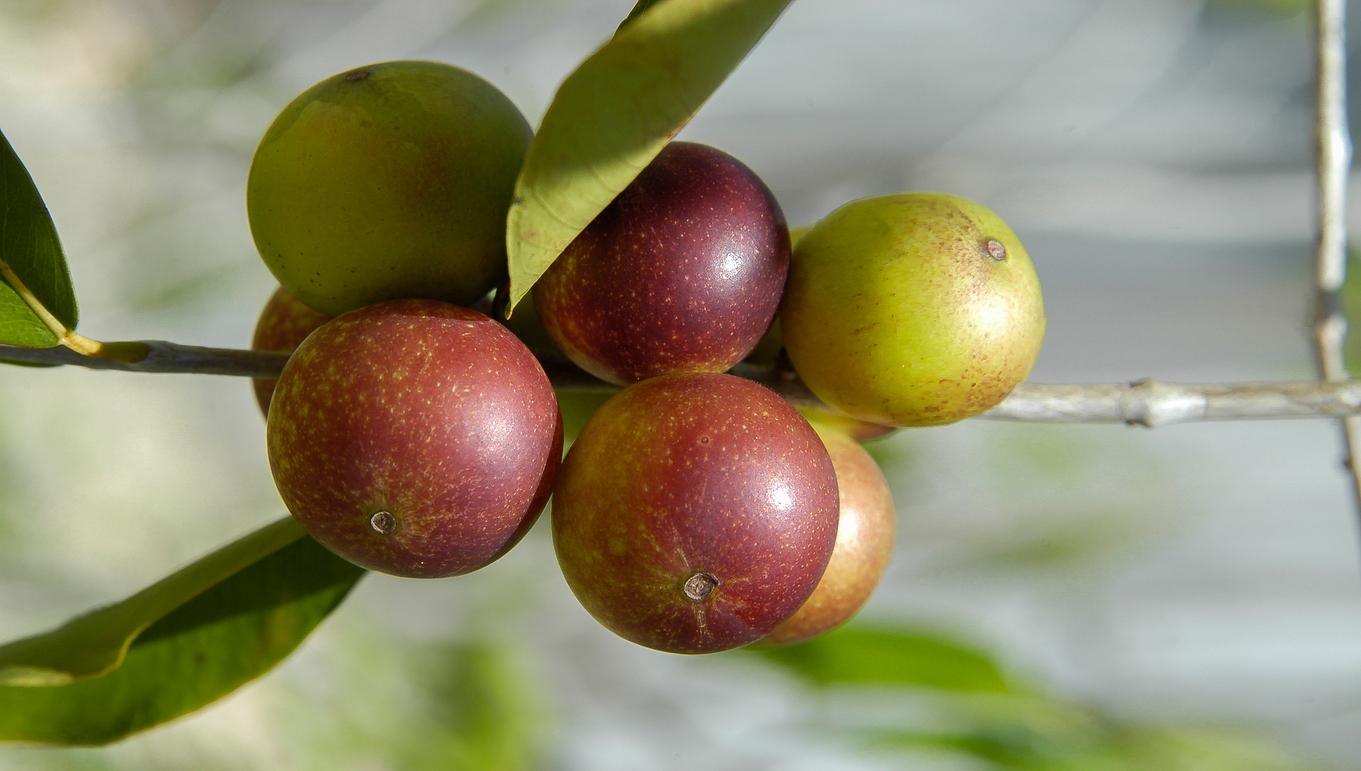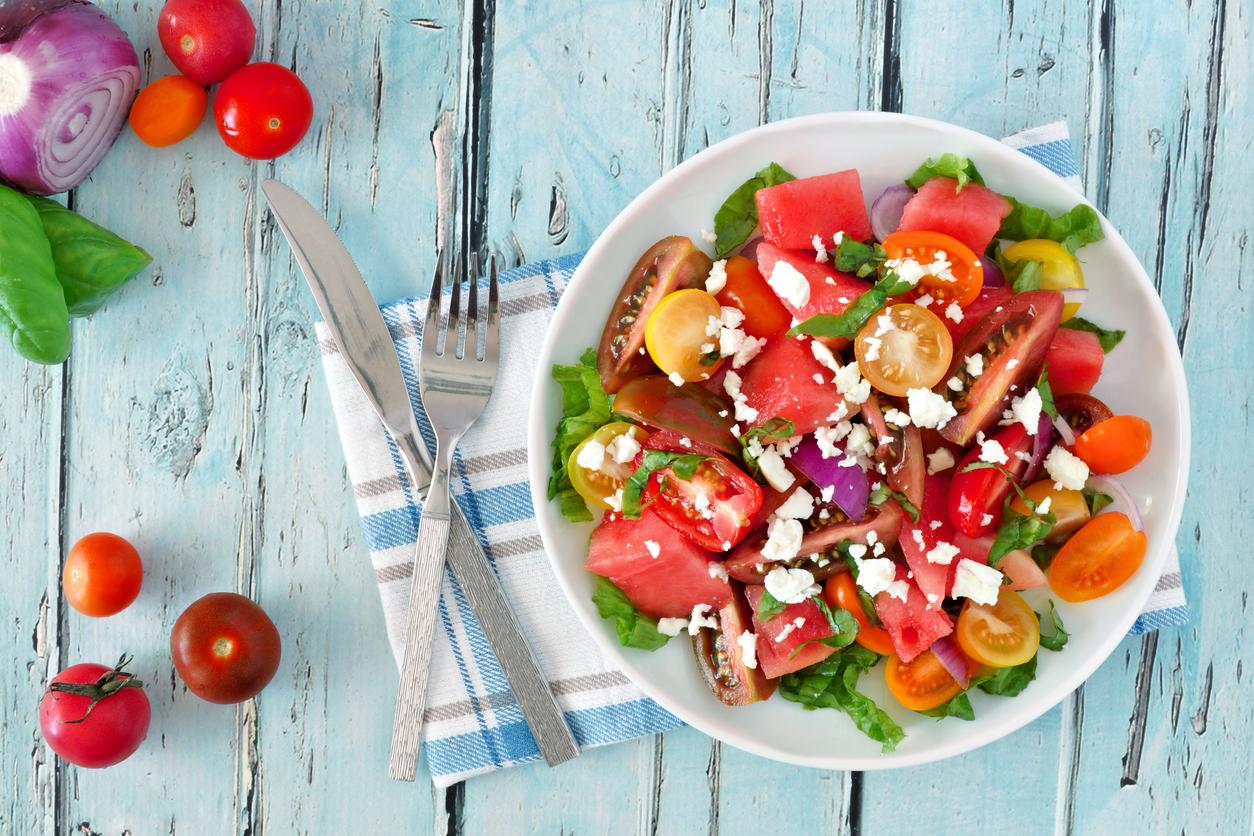Conversely, a diet high in processed foods is associated with a doubling of the risk of miscarriage.
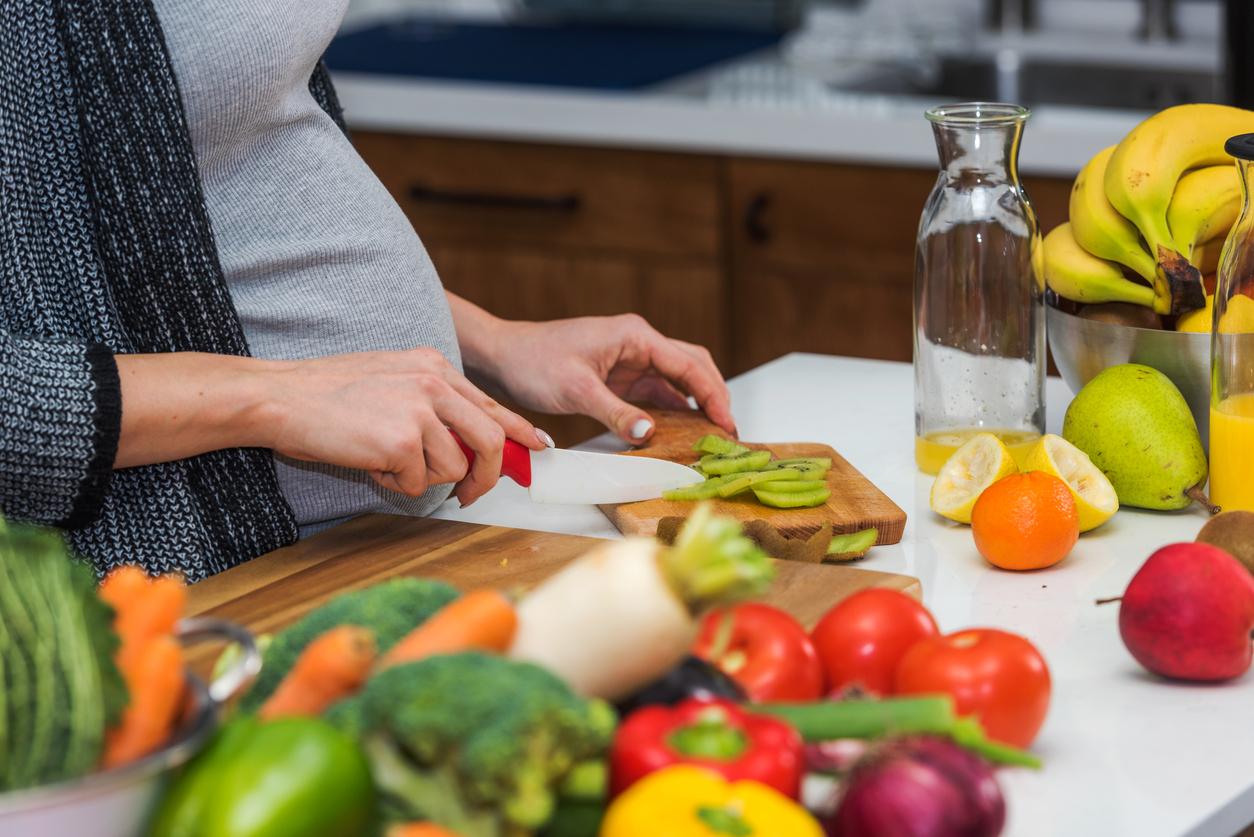
- Nearly half of miscarriages are unexplained.
- A balanced diet rich in fruits and vegetables may reduce the risk, according to a new study.
- These results only show a correlation, further research is needed to prove a causal link between diet and miscarriage.
“Miscarriage is the most common reason for losing a baby during pregnancy”explains theWorld Health Organization. This involuntary termination of pregnancy concerns between 10 and 15% of pregnant women. It is sometimes possible to know the causes. But according to Dr Yealin Chung, a specialist in obstetrics and gynecology at the University of Birmingham, “nearly 50% of early pregnancy losses remain unexplained”. With her team, she conducted a study to understand the factors that can promote the occurrence of a miscarriage. The results are published in Fertility and Sterility.
Pregnancy: analyzing women’s diet to understand the risk of miscarriage
“A growing body of evidence shows that lifestyle changes, including dietary modifications, cessation of smoking and alcohol consumption, before conception and in early pregnancy can have an impact.”, she says. To identify the impact of these changes in lifestyle, the team analyzed 20 research studies on the eating habits of women before and at the start of their pregnancy.to see if these studies showed evidence of an association with a lower or higher risk of miscarriage”. In total, data from nearly 64,000 women were studied.
Food: what consequences on the risk of miscarriage?
According to their conclusions, the links between diet and miscarriage are confirmed. “Compared to low consumption, high fruit consumption may be associated with a 61% reduction in the risk of miscarriage”, observe the authors. A diet rich in vegetables is correlated with a 41% reduction in this risk. “PFor dairy products, it’s a reduction of 37%, 33% for cereals, 19% for seafood and eggs”, they note. The authors point out that these different foods correspond to a healthy and balanced diet. However, previous studies have demonstrated the benefits of this diet during pregnancy. On the other hand, when the researchers looked at specific diets such as the Mediterranean diet, they did not observe a link with the risk of miscarriage. “A diet high in processed foods has been shown to be associated with a doubling of the risk of miscarriage”add the scientists.
Miscarriage: new studies are needed to understand the impact of diet
The team from the University of Birmingham, however, believes that further studies are needed, particularly on the nature of the link between miscarriage and diet. Their current work shows an association, but not a causal link. They also consider that research making it possible to estimate with more precision the effects of a change in diet at the time of conception and at the start of pregnancy should be carried out. “Given the lack of evidence, there are no guidelines (…) providing dietary advice for women and people giving birth or their partners, says Juliette Ward, a midwife at Tommy’s Miscarriage Research Center at the University of Birmingham. What the results of this review suggest could have real impact in helping people reduce the risk of miscarriage.”












